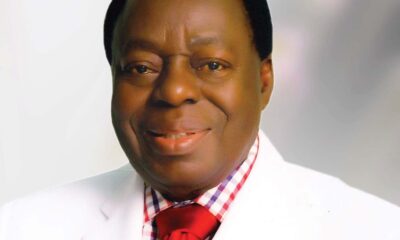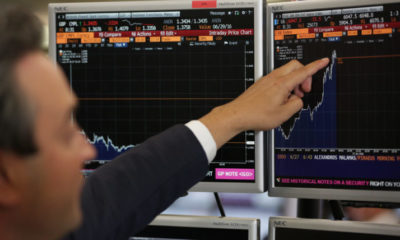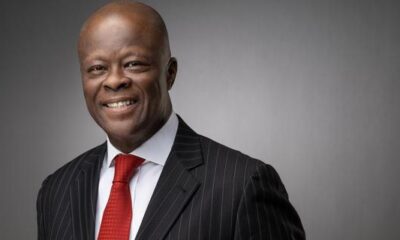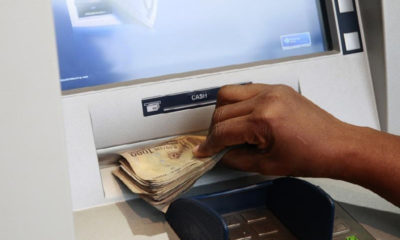President Muhammadu Buhari announced that the Central Bank of Nigeria (CBN) had given him reasons to believe redesigning the Nigerian Naira is a move that would benefit the economy in terms of reducing inflation, curtailing excess cash in circulation, and currency counterfeits.
The president stated that he had given his approval to CBN as it was a move that would help sustain the economy.
Barely a week ago, the CBN had disclosed the intention to redesign the N200, N500, and N1000 notes following the president’s approval.
Stakeholders have since taken to their various social media platforms to voice the opinion on the decision. For some, it wasn’t the right time given current economic reality, for others, mainly economists and analysts, it was the right thing to do to compel hoarders and other individuals to spend N2.7 trillion reportedly out of the financial system.
With January 31, 2023 set as the deadline for Nigerians to abandon old notes and adopt the new Naira notes scheduled to be released on December 15, 2022, hoarders have started exchanging their old notes to the U.S. Dollar. A situating that has increased demand for the U.S. Dollar and bolstered Naira to Dollar Exchange rate to N815 at the black market.
Meanwhile, the Minister of Finance, Budget and National Planning, Zainab Ahmedhad said she was not informed of the central bank’s plan to redesign and circulate new Naira notes.
Ahmed said she and her Ministry were not consulted by CBN but received the news through the media. She stated that the plan to redesign and roll out the new Naira notes at this time holds serious consequences for the value of the Naira to other global currencies.
A senior official expressed dismay at the minister’s statement, he said it was totally embarrassing to make such claims, stating that the permanent secretary to the ministry is also a member of the CBN board.
However, the central bank insists that it followed the law and due process to implement the exercise.

















